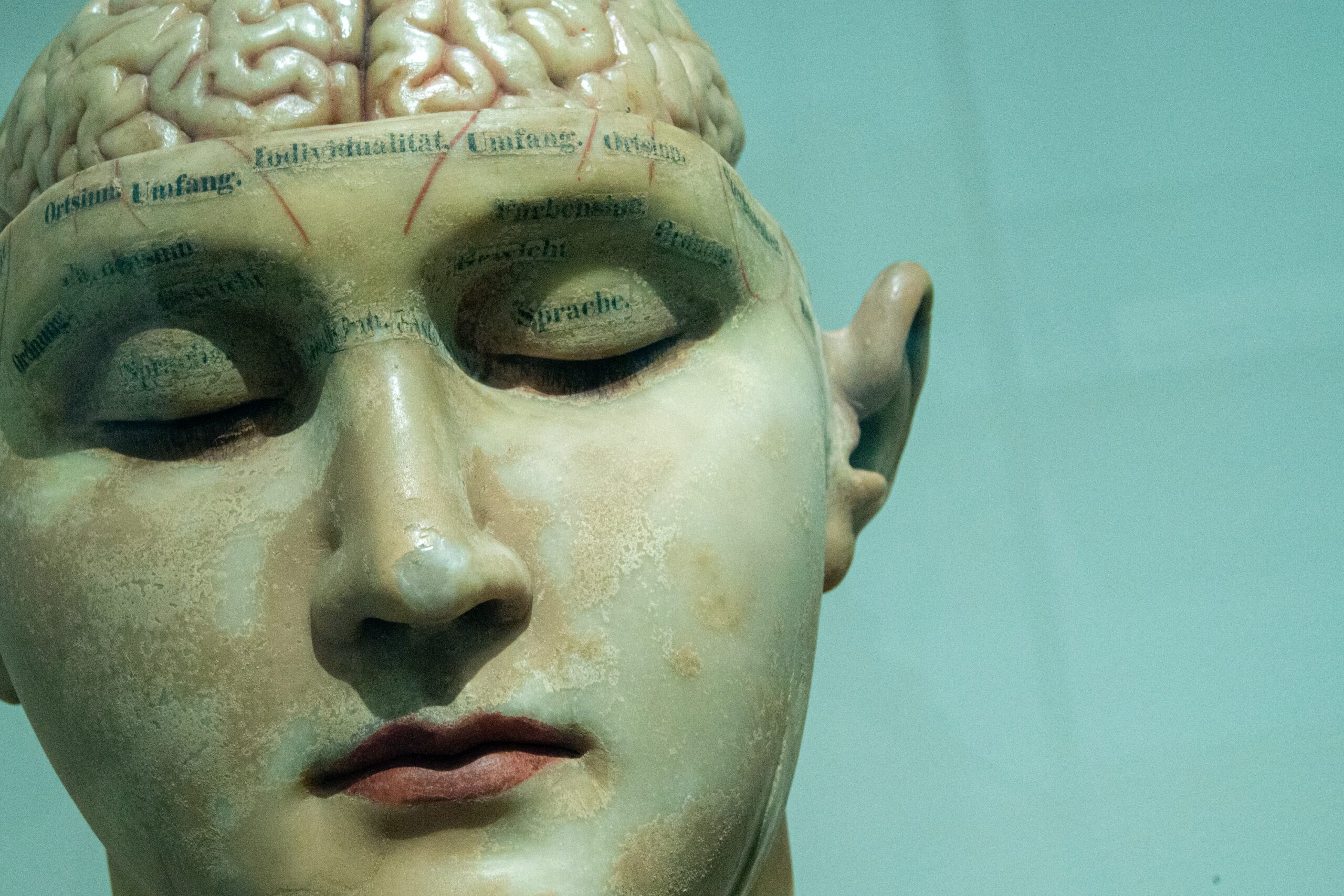05
Aug
Sleep and Memory: How They Work Together
A study published in July 2019 in the journal Current Biology indicates a poor night’s sleep—specifically, restless rapid-eye-movement (REM) sleep—negatively impacts brain function, including the work of amygdalae. These are almond-sized clusters of nuclei located deep within the brain’s temporal lobes and responsible for the consolidation of memories for long-term...
15:27 /
Body


